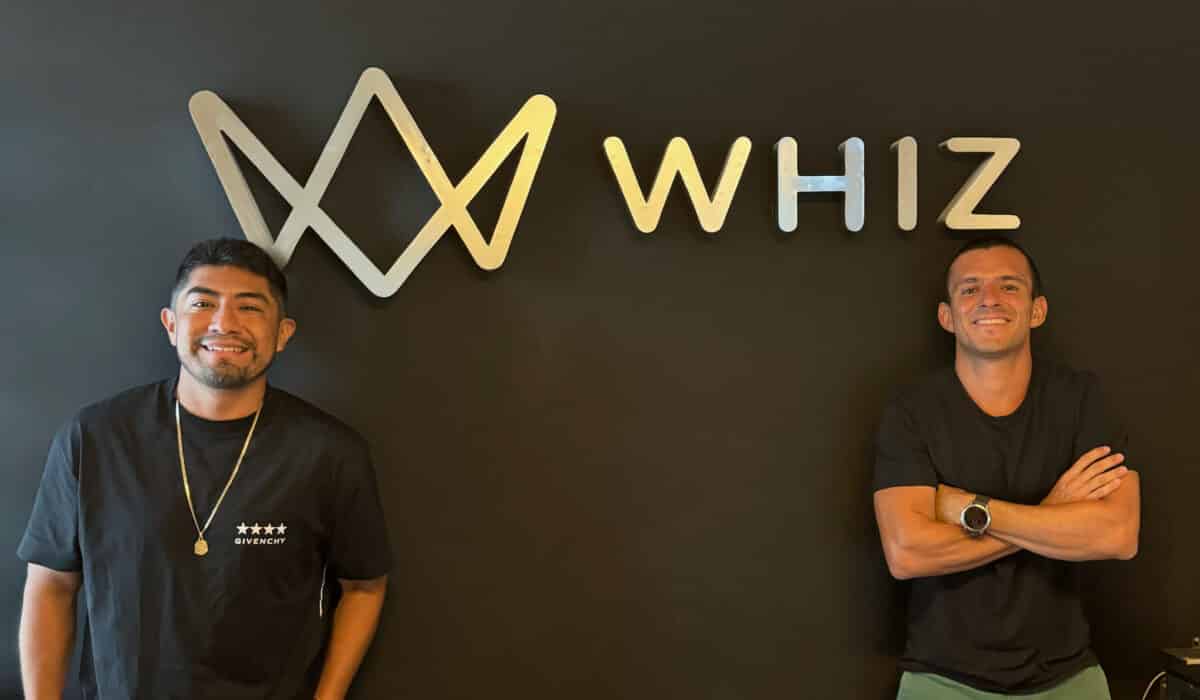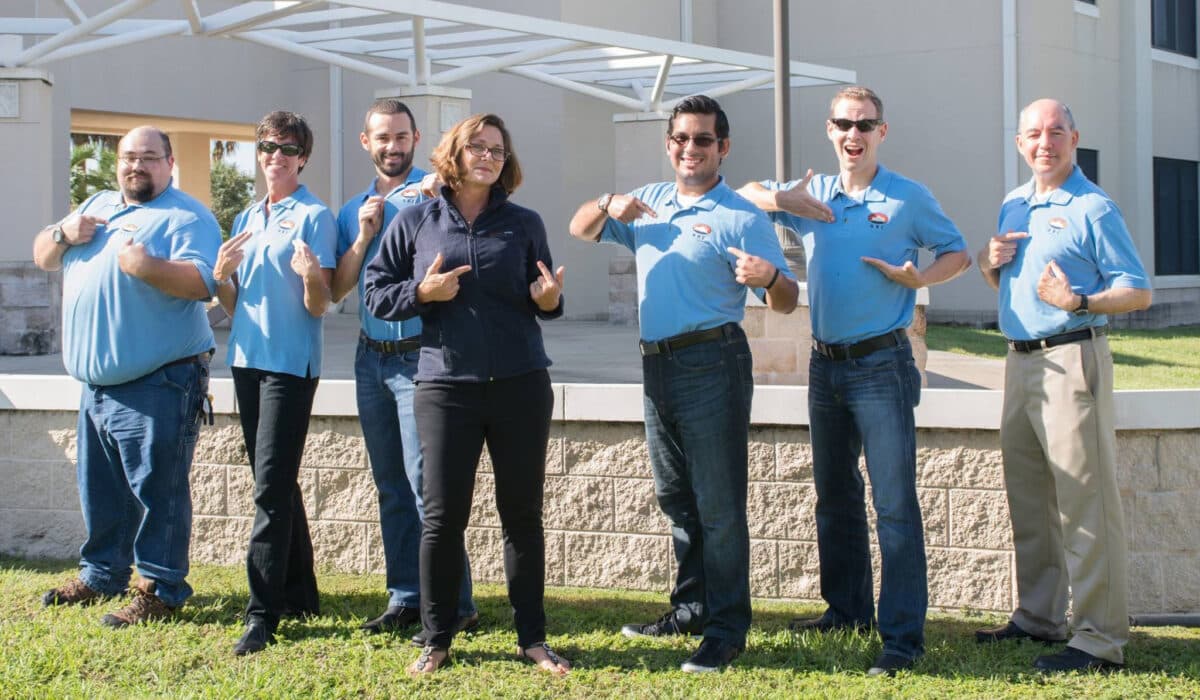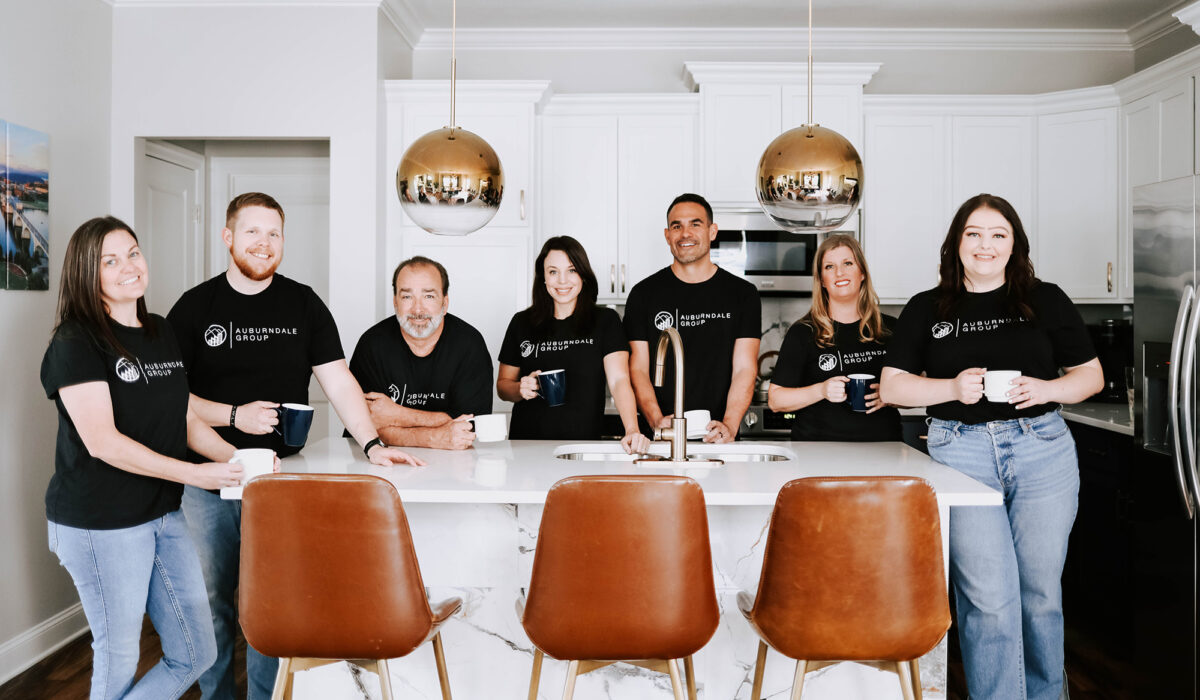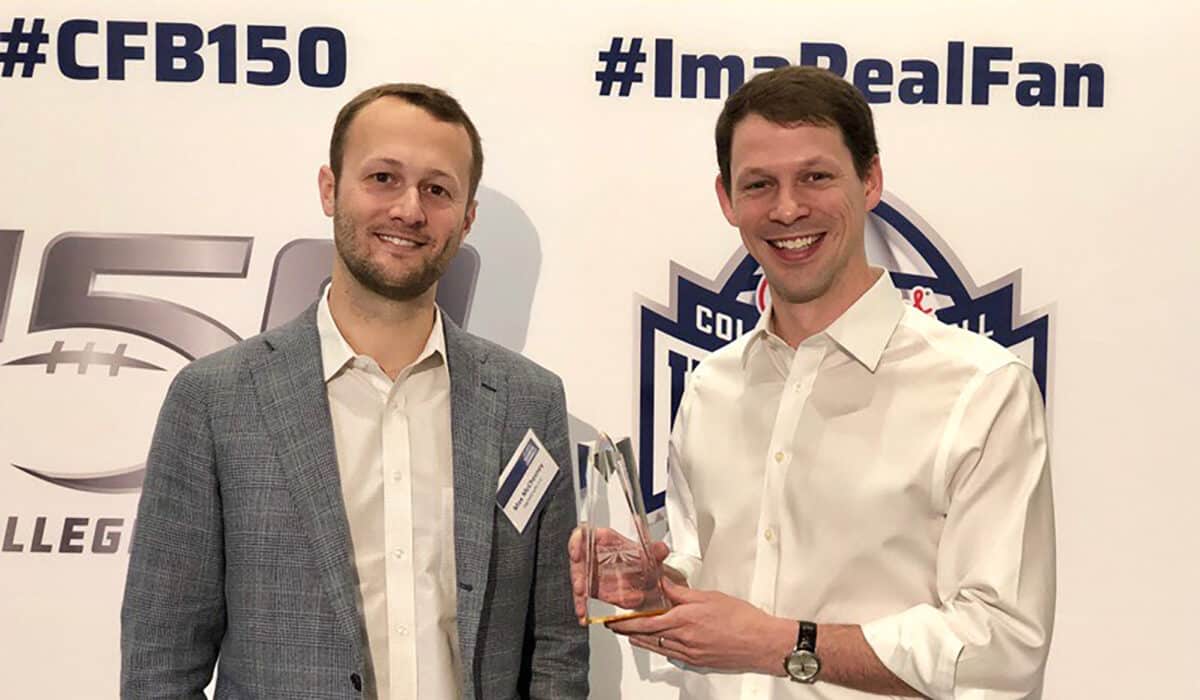Lots of founders dream of 200% year-over-year growth.
For Renzo Saravia and Javier Fernandez-Concha, founders of Peru-based software development and near-shore technology staffing firm Whiz, that kind of success caught them by surprise.
They originally planned to build an app to help travelers find parties, bars and dance clubs in various cities around the world. Building websites and software for clients was supposed to be a side project to fund that app.
They couldn’t have predicted the kind of success this side project would bring when, three years after founding, they broke into the U.S. market.
“It was not like: This is our vision,” Saravia said. “It was just more like a lucky mistake.”
That “lucky mistake” came from a series of personal connections and referrals, and a willingness to take on any challenge — no matter how much of a stretch.
“I always try to put this mindset in my team, that there is no impossible,” Saravia said. “If someone can do it, it’s going to be us.”
The company grew from 30 employees at the beginning of 2020 to 120 employees by 2022, and revenues soared to more than $5 million, with more than 25% EBITDA.
Whiz rode that success all the way to an acquisition in November 2022 to technology services and staffing company 10Pearls. The firm has made more than a dozen other acquisitions, including social media marketing agency Likeable.
How staffing firm Whiz scaled up
Saravia spent six years tutoring students in college programming classes, so he had a reputation among alumni as “the guy” to call for any programming needs.
Because of this, referrals came easily to Whiz within Peru those first few years, though the founders still held the idea of eventually funding the nightlife travel tool — until the COVID-19 pandemic shut down travel and parties in 2020.
Meanwhile, companies were looking for digital solutions where in-person services were impossible, and Whiz was in the right place at the right time.
The company’s 30 employees all went remote, wondering what would happen next, when a friend of Saravia’s brother reached out with a challenge. The Peruvian healthcare company she worked for wanted to create a telemedicine platform, but there was a catch: Whiz would only have five days.
Saravia’s “there is no impossible” attitude kicked in, and the team got it done.
That one successful project led their contact, who had earned a Master’s degree at MIT, to recommend Whiz to her network in the United States.
Soon enough, Whiz was building software and websites, while also dabbling in near-shore tech staffing, matching companies in the U.S. with employees outside the country but near enough to share a similar time zone.
Saravia’s approach prioritized growth; having everything perfectly in place was secondary. “It is easier to trim down fat than to get leads,” he said.
Where Saravia pushed the “move fast, break things” philosophy, Fernandez-Concha was working to mitigate.
“He’s, like, on my back putting everything back in its place,” Saravia said. “So we got some things in order, but he cannot do everything, I was moving too fast.”
In 2021, Whiz accepted another seemingly-impossible challenge, when an American healthcare provider asked them to come up with 50 remote employees in a month’s time. Saravia agreed.
“A list of 50 people — that’s a huge one for a small company,” he said, adding that he and his chief people officer Alejandra Rodriguez spent that month recruiting and onboarding remote employees nonstop to meet the goal, scaling up their company once again. “That’s when we reached the milestone of $5 million in annual revenue.”
Growing pains turned into a sale to 10Pearls
With such growth came a financial challenge: Clients would pay a month or two after a service, but employees needed to be paid right away.
Since Whiz had primarily out-of-country clients, which was unusual in Peru, banks in his country were unwilling to provide the kind of credit line Whiz needed to fund the work and sustain their exponential growth.
At one point, they needed $300,000 to meet payroll. They dug into their own savings and borrowed from their parents, piecing together what they needed.
Looking ahead, the founders decided Whiz was growing to a level they couldn’t easily sustain. Peru was proving to be a hot market in the industry, and Whiz was one of the only big players. They were serving 20 U.S.-based clients at the time.
By then, venture capital firms and companies had been reaching out on LinkedIn, looking to invest in or buy the company — and in early 2022, Saravia and Fernandez-Concha decided to pay attention.
10Pearls reached out to Fernandez-Concha, and the duo agreed the digital technology services and staffing company was offering a fair valuation of Whiz. They reached a handshake deal by June.
Due diligence was bumpy. The founders managed the sale themselves, and as the process started, it became clear where the “move fast, break things” philosophy had left some “broken things” in its wake.
Rather than an organized profit-and-loss statement, for example, Whiz had an Excel spreadsheet. (Here’s how they could have cleaned up their books before the sale.)
Also, that break-neck speed hiring of near-shore remote employees for U.S. companies meant not all those employees were based in Peru. Saravia and his hiring team had recruited tech staffers in neighboring countries as well, and those international contracts and methods of payment contained complicated contingencies that raised concerns for their buyer.
Still, Saravia can’t bring himself to regret his fast pace. “Revenue needs to keep coming, and I need to keep paying the people, so I’m going to do what I need to do,” Saravia said of his mindset during the growth years. “I wasn’t thinking about an acquisition at that moment.”
Whiz brought on a chief finance officer — Luis Rodriguez, Saravia’s friend since childhood — to help iron things out, and the Whiz founders signed the sale agreement in October 2022.
The founders agreed to run Whiz under 10Pearl through 2025, and Saravia and Fernandez-Concha plan to continue founding new companies together going forward.
Saravia is already planning their next project. The idea that seems most promising is an AI innovation lab, something he always wanted to build within Whiz, but didn’t have the time.
In the meantime, he’s maximizing his stint within the corporate world by building a sales structure that works better for Whiz and for him. Whiz grew by word of mouth and referrals only, he said, and “that’s not going to happen twice.”



